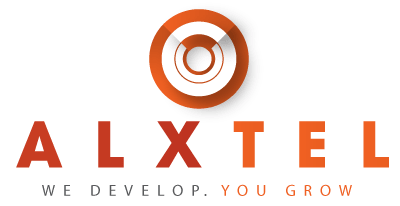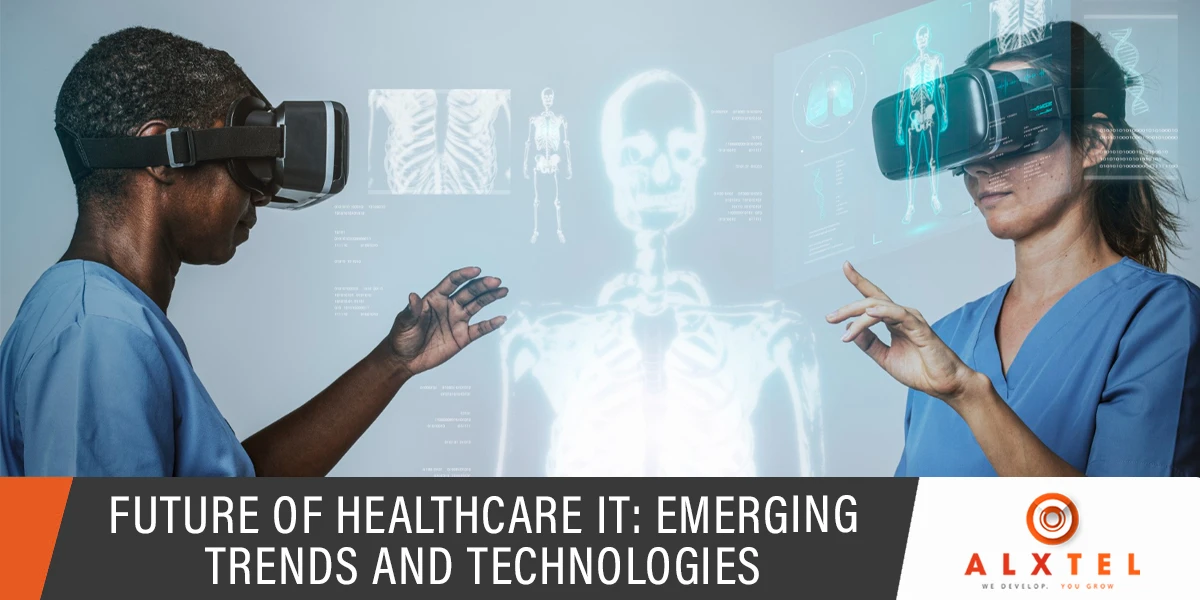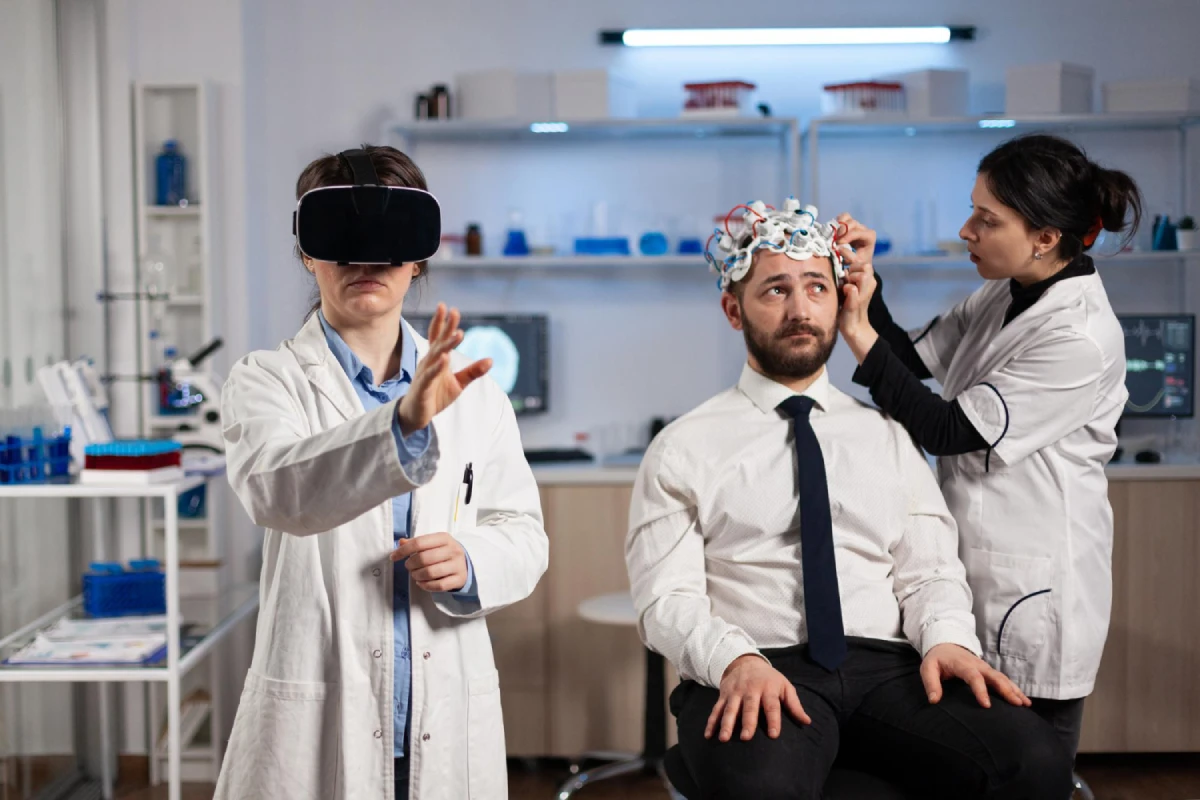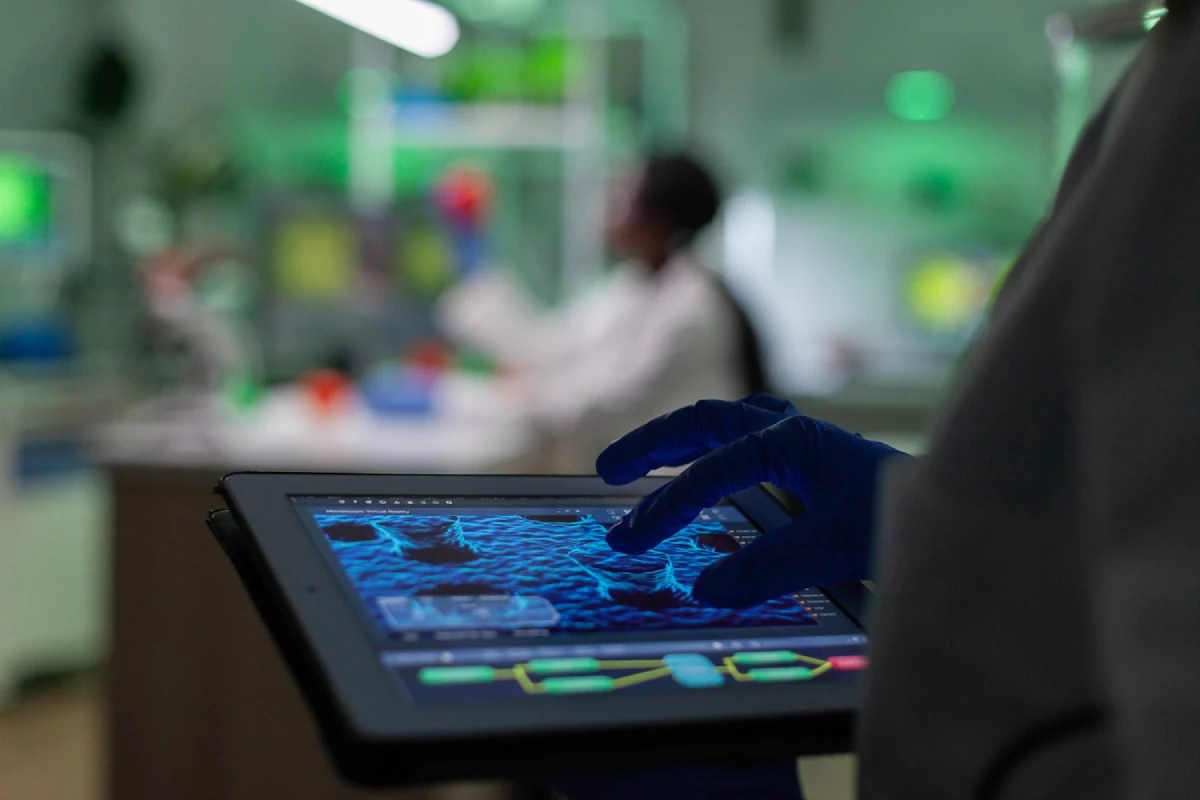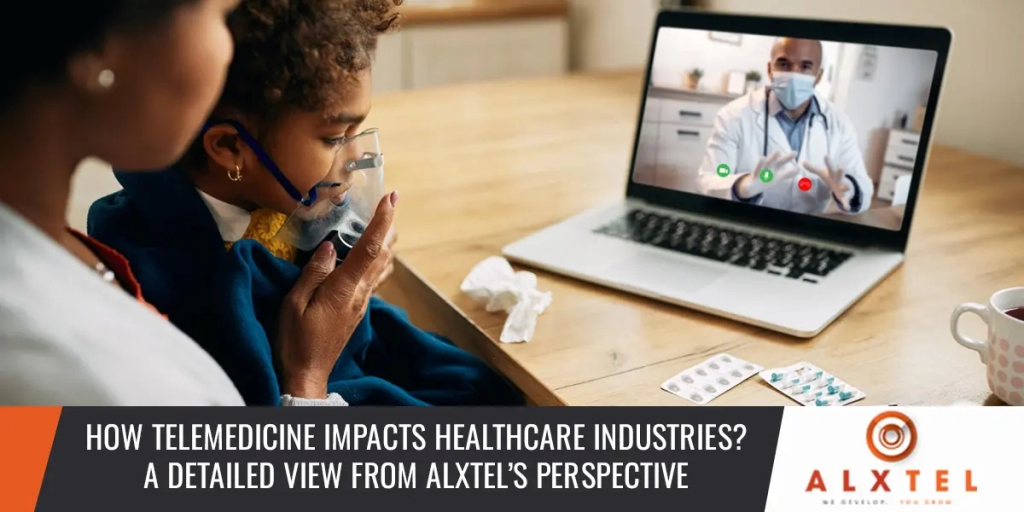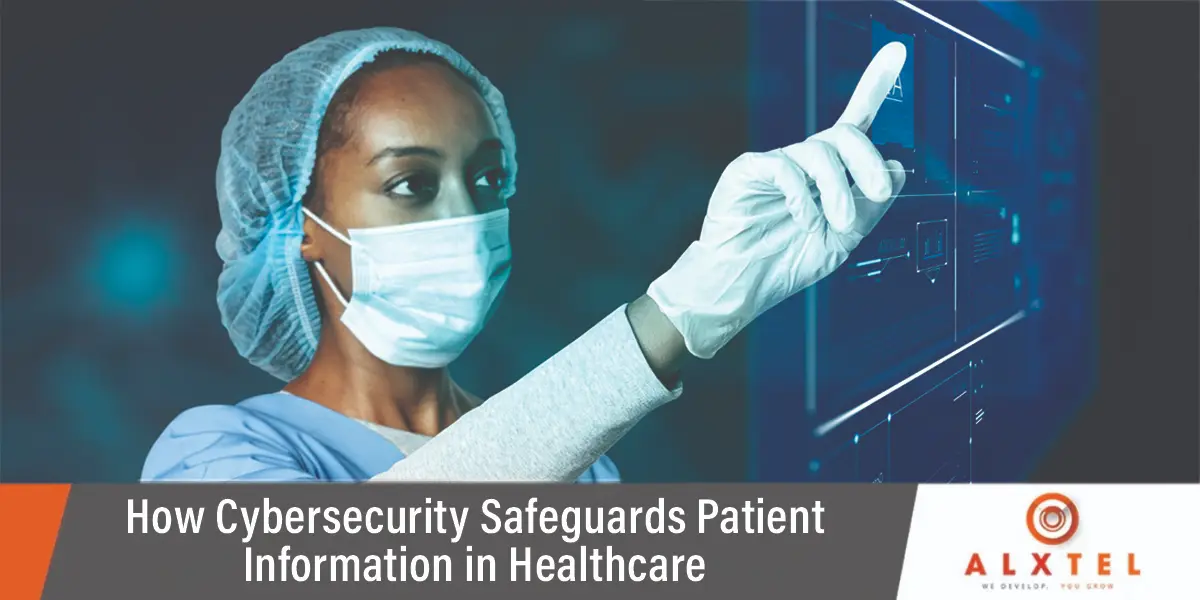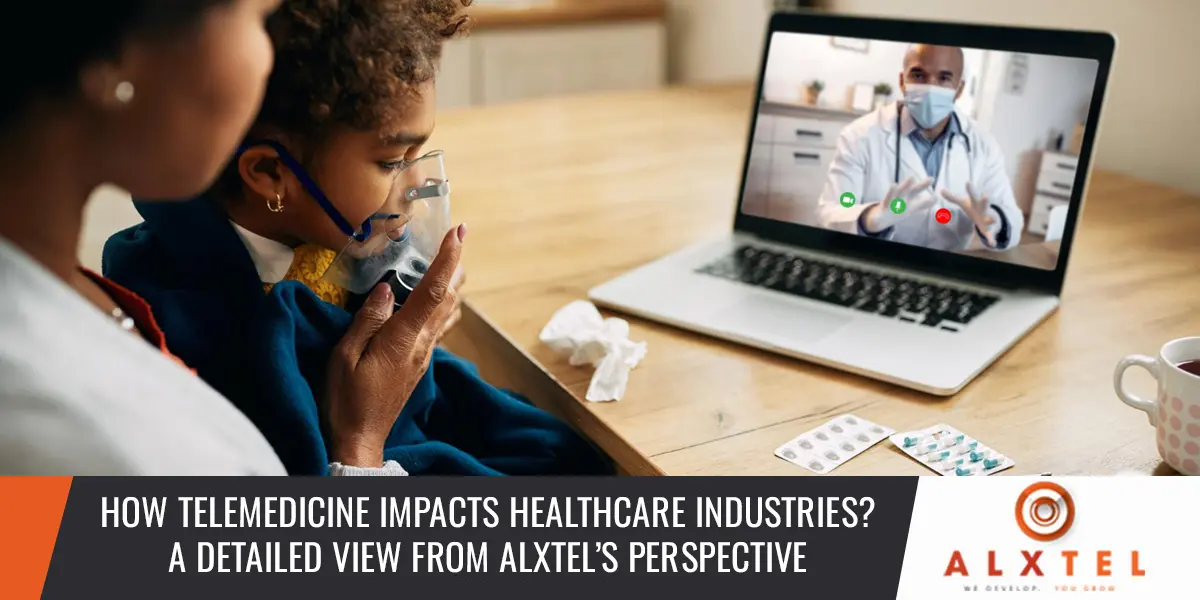Future of Healthcare Vs Current State of Healthcare IT
In a rapidly evolving digital landscape, the healthcare industry is undergoing a significant transformation. The integration of Information Technology (IT) into the healthcare sector, often referred to as Health Care IT, has paved the way for unprecedented improvements in patient care, data management, and overall efficiency. As we look toward the future, there are several emerging trends and technologies that are set to revolutionize the way we approach healthcare. Here, we’ll explore the cutting-edge developments in Healthcare IT and how they are poised to shape the future of the industry.
Before delving into the emerging trends, it’s important to understand the current state of Health Care IT. Healthcare has become increasingly data-driven, with electronic health records (EHRs) and telemedicine playing pivotal roles in patient care. These technologies have improved patient outcomes, reduced errors, and streamlined administrative processes.
Several obstacles remain, however, including interoperability issues across multiple EHR systems, cybersecurity threats, and the need for a more smooth and user-friendly patient experience. The future of healthcare information technology will address these issues head-on while incorporating novel and transformational components.
Future of Healthcare:Artificial Intelligence (AI) and Machine Learning
Artificial Intelligence and Machine Learning are poised to revolutionize healthcare. AI-driven systems can analyze vast amounts of patient data, detect patterns, and assist healthcare professionals in making accurate diagnoses and treatment recommendations. Machine Learning algorithms can predict patient outcomes and identify potential health risks, enabling early intervention. AI chatbots and virtual health assistants can provide real-time support to patients, answering questions and offering health advice.
The Internet of Things involves connecting medical devices, wearables, and sensors to the Internet to gather and transmit data. This data can be used for remote monitoring of patients, tracking vital signs, and managing chronic conditions. IoT also enhances preventive care by providing real-time data to healthcare providers, reducing hospital readmissions, and improving overall patient well-being.
Telehealth and telemedicine have gained in popularity, especially in the aftermath of the COVID-19 pandemic. This trend is expected to continue since it enables remote consultations, access to specialists, and cost-effective care delivery. Patients can receive medical advice and treatment in the privacy of their own homes, while healthcare providers can reach out to underserved communities.
Enhancing Data Security and Interoperability
By improving data security and interoperability, blockchain technology is making advances in Health Care IT. It enables the safe and secure storage of patient information and health data. Hence, patients have greater control over their medical information, and healthcare providers now have access to accurate and up-to-date records. In addition, blockchain provides a tamper-proof method for preventing unauthorized access and data breaches. Medical training, patient education, and therapy can all benefit from augmented and virtual reality technologies. During surgery, surgeons can employ AR to overlay medical pictures on the patient’s body, increasing precision. Virtual reality can be utilized to provide immersive and therapeutic experiences for pain management and mental health therapy.
The rollout of 5G technology promises faster and more reliable connectivity. This will enable real-time data transmission, making telehealth and remote monitoring even more effective. Surgeons can perform remote surgeries with minimal latency, and healthcare providers can access patient data instantaneously. 5G technology will bridge the digital divide and extend quality healthcare to underserved rural areas.
Healthcare is adopting a more personalized approach. When genetic and genomic data are integrated with AI, treatment regimens can be tailored to an individual’s specific genetic composition. This precision medicine strategy maximizes therapy efficacy while minimizing side effects. Patients can expect treatments and drugs that are tailored to their specific needs. Robotic Process Automation streamlines administrative work, reduces expenses, and improves invoicing and claims processing accuracy. RPA may perform monotonous operations like data input and appointment scheduling, freeing healthcare professionals to focus on more complicated and patient-centric tasks.
Overcoming Challenges & Future of Healthcare
Maintaining data security and patient privacy is a primary responsibility with the rising volume of health data generated and kept. Strict cybersecurity protections, as well as compliance with standards such as HIPAA, are essential.
Interoperability is still an issue since different EHR systems and medical devices do not always connect seamlessly. To increase interoperability, we are making efforts to standardize data formats and interfaces. Addressing the digital gap is critical to ensuring that healthcare IT benefits everyone. Strategies should be put in place to give access to underserved communities and close the healthcare access gap. Artificial intelligence, machine learning, and genetic profiling create ethical and legal concerns. Also, To ensure the appropriate and unbiased use of developing technology, regulations, and ethical guidelines must be implemented.
TThe Future of Healthcare IT with AlxTel
As a premier IT business, AlxTel is on the cutting edge of these rising trends and technologies. Our dedication to healthcare IT innovation and excellence ensures that our solutions will play an important role in influencing the future of healthcare. To improve patient care and data security, we offer cutting-edge AI-driven healthcare analytics, IoT-enabled patient monitoring, telemedicine systems, and blockchain-based EHR solutions.
Our expertise in implementing 5G technology and developing personalized medicine solutions places us in a unique position to transform healthcare delivery. With our RPA services, we streamline administrative processes, reducing operational costs for healthcare providers. AlxTel also offers expertise in augmented and virtual reality for healthcare training and therapy.
In partnership with healthcare organizations, AlxTel aims to overcome the challenges of data security, interoperability, the digital divide, and ethical concerns. So, our robust cybersecurity measures ensure that patient data remains secure. Our interoperable systems promote seamless communication among various healthcare platforms. The future of Health Care IT is bright, and AlxTel stays at the forefront of this transformation, shaping a healthier and more connected world.
Innovation and Emerging Technologies&Future of Healthcare
Innovation, personalization, and enhanced patient care characterize the future of Healthcare. Emerging technologies such as AI, IoT, blockchain, and 5G have revolutionized the healthcare industry. AlxTel, as a forward-thinking IT company, aims to drive these innovations, offering cutting-edge solutions that will define the future of healthcare. With a focus on data security, interoperability, and ethical use of technology, the healthcare IT landscape has become more efficient, patient-centric, and accessible for all.
As the healthcare business evolves, healthcare organizations that want to give the best possible care to their patients will need to embrace these developing trends and technology. Hence, AlxTel is ready to deliver the expertise and solutions needed to make this shift a reality. The future of healthcare IT is exciting, with patients, healthcare providers, and technology firms like AlxTel working together to enhance healthcare results and general well-being.
We believe in the ability of technology to effect positive change in healthcare at AlxTel. So, Our dedication to developing new solutions that have a genuine impact on the future of healthcare information technology is unrelenting.
Patient-Centric Solutions and Interoperability Solutions
Our healthcare IT solutions meet the needs of the modern world. Our AI-powered patient involvement tools support medical professionals in building more effective connections with their patients. We offer the services of remote monitoring and communication to ensure that patients receive the care they require when they require it. Data security is essential to be a part of every healthcare IT strategy. We recognize the essential importance of protecting patient information.
We recognize the challenges of interoperability that have hindered seamless communication within the healthcare sector. So, AlxTel is at the forefront of efforts to standardize data formats and interfaces, allowing healthcare systems and devices to connect and share data effectively. So, this interoperability paves the way for a more streamlined and efficient healthcare experience.
The Future of Healthcare IT & Bridging the Digital Divide
Our commitment to healthcare accessibility extends to bridging the digital divide. We work with healthcare organizations to expand their reach to underserved communities. By leveraging 5G technology and developing tailored solutions, we’re ensuring that quality healthcare is not a privilege but a universal right.
Ethical considerations guide our approach to emerging technologies. We believe in the responsible and unbiased use of AI, machine learning, and genetic profiling. So, AlxTel aims to comply with regulations and ethical guidelines to ensure that the adoption of these technologies benefits all and avoids harm or discrimination.
To achieve our vision of a healthier future through technology, we actively seek partnerships with healthcare organizations, research institutions, and fellow innovators. So, together, we create synergistic solutions that drive healthcare advancements and improve patient outcomes.
Future of Healthcare: What else is there to know?
The future of Health Care IT is a journey of continuous innovation, adaptation, and collaboration. It’s a journey that requires the collective efforts of healthcare providers, IT companies, policymakers, and, most importantly, patients. So, AlxTel aims to walk this path with you, leveraging technology to make healthcare more accessible, personalized, and secure.
As the digital transformation of healthcare unfolds, we invite you to stay informed, adapt, and embrace these emerging trends and technologies. By staying at the forefront of change, you can help shape a future where healthcare is efficient, patient-centric, and accessible for all. The future of Health Care IT is full of promise. Hence, AlxTel is your trusted partner on this transformative journey. Together, we can build a healthier tomorrow, one innovation at a time.
Key Takeaways
In this comprehensive exploration of the future of healthcare IT, we’ve uncovered the pivotal role emerging technologies will play in the transformation of the healthcare industry. So, from the integration of AI and IoT to the implementation of 5G and blockchain, these advancements enhance patient care, improve data security, and streamline healthcare operations.
As healthcare organizations adapt to the digital age, they must address challenges. For example, data security, interoperability, the digital divide, and ethical considerations. By embracing innovative solutions and collaborating with forward-thinking IT companies like AlxTel, healthcare providers can create a more efficient, patient-centric, and accessible healthcare landscape. Progress, personalization, and the promise of healthier lives mark the future of Healthcare IT. It is a future where technology and healthcare converge to deliver better outcomes for patients. AlxTel, with its expertise and commitment to innovation, stands ready to be a driving force in this transformative journey.
With the emerging trends and technologies highlighted in this article. Healthcare professionals, patients, and technology companies alike can look forward to a healthcare system that leverages the power of data. Also, connectivity and artificial intelligence provide top-notch care and improve overall well-being. As we move forward into this exciting era of healthcare IT, the possibilities are boundless. The future is brighter, more connected, and, most importantly, healthier. So, embrace the change and be a part of the transformation. Together, we can make healthcare better for everyone.
Frequently Asked Questions:
What are the most critical emerging Healthcare IT trends?
The healthcare IT ecosystem is rapidly evolving. Key emerging trends include the use of telehealth and remote patient monitoring, the integration of artificial intelligence (AI) for diagnostics and predictive analytics, the use of blockchain for secure data transmission, and a greater emphasis on patient-centric care delivery.
What impact does telehealth have on the future of healthcare information technology?
Telehealth is transforming healthcare by providing remote consultations and monitoring, increasing access to care, and relieving physical infrastructure strain. It is expected to grow even further, providing more convenient and cost-effective healthcare services.
What role does artificial intelligence (AI) play in the future of healthcare IT?
Artificial intelligence (AI) is transforming healthcare by enhancing diagnosis accuracy, personalizing treatment programs, and streamlining administrative tasks. Artificial intelligence-powered technologies, such as machine learning and natural language processing, are improving patient care and lowering healthcare expenses.
Could you describe the significance of blockchain in healthcare information technology?
Blockchain technology is increasing the security and transparency of healthcare data. It protects the security and privacy of patient records, makes data interchange among healthcare providers easier, and improves interoperability, resulting in improved care coordination.
How is the concept of patient-centric care changing Healthcare IT?
The shift toward patient-centric care places the patient at the center of healthcare decision-making. It involves the use of technologies like electronic health records, wearables, and patient portals to empower individuals, improve engagement, and enhance the overall patient experience.
What are the challenges in adopting these emerging technologies in Healthcare IT?
Challenges include data privacy and security concerns, regulatory compliance, interoperability issues, and the need for healthcare professionals to adapt to new technologies. Overcoming these challenges is essential for successful adoption.
How will the Internet of Things (IoT) impact Healthcare IT in the future?
IoT devices are revolutionizing healthcare by collecting real-time patient data and enabling remote monitoring. They help in early disease detection, proactive care, and reducing healthcare costs through predictive maintenance of medical equipment.
Get in touch with AlxTel
Need support? You are our priority, We’ve got you covered.
Rapid response time to service requests, responding to all customer feedback to get in touch.
Our goal is to supply you with the best possible customer service across all our products and solutions. We look forward to helping you make the most of your AlxTel platform.
